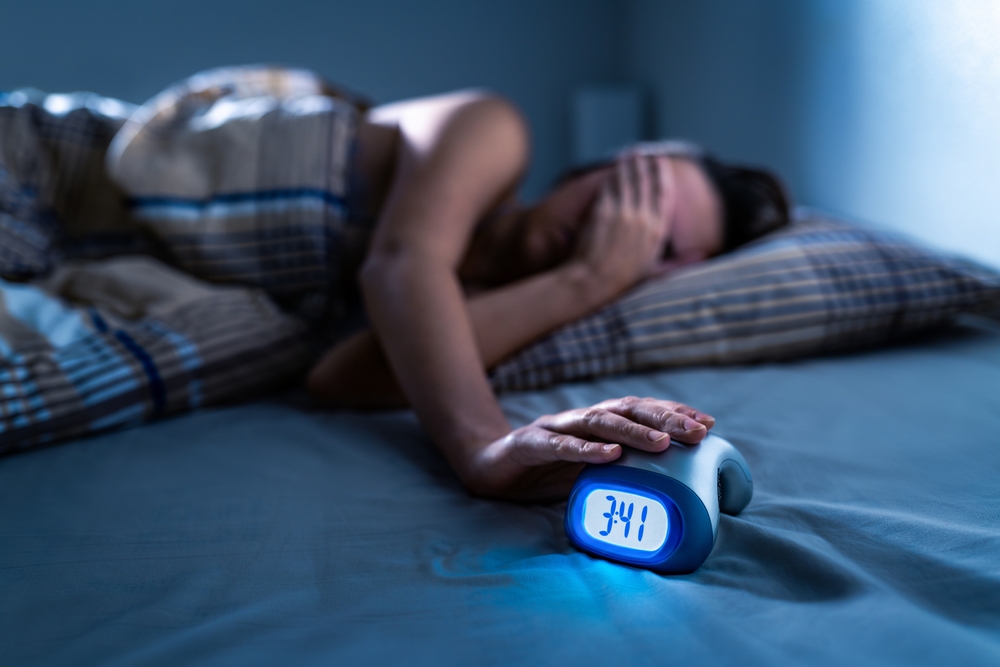How to Get a Better Night’s Sleep!
Others are reading now
A good night’s sleep is essential for both your physical and mental health, yet many habits can disrupt your sleep without you even realizing it.
Small aspects of your evening routine might make it harder to fall asleep or lead to a restless night.
To make the most of your sleep, it’s important to be mindful of what you do right before bedtime.
By avoiding the most common mistakes, you can improve your sleep quality and wake up feeling more refreshed.
Also read
Here are some things you should avoid if you want to sleep better.
Scrolling on Your Phone or Watching TV
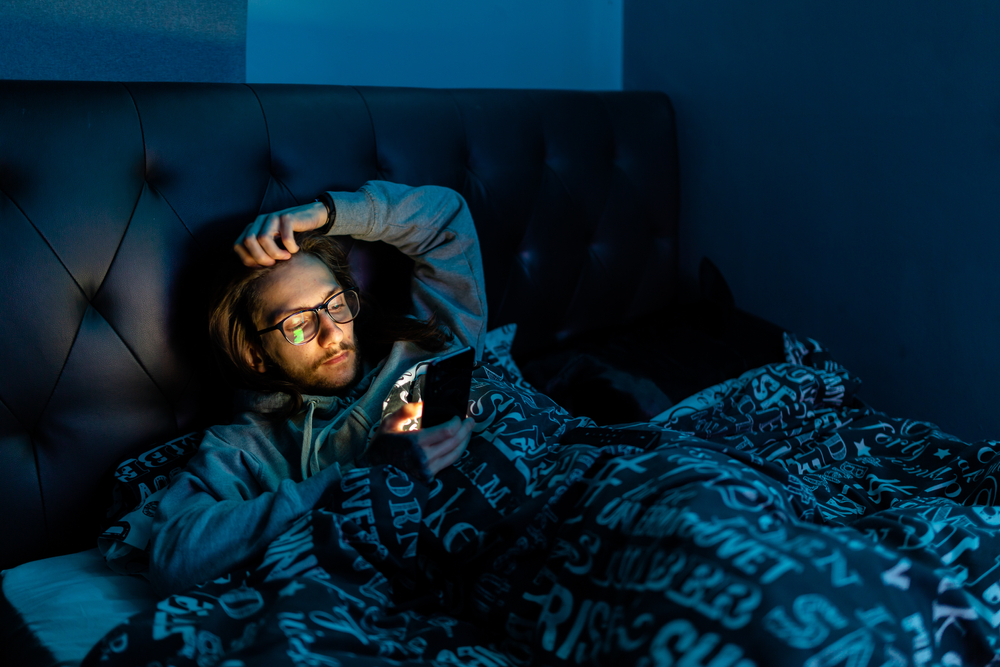
-
The blue light from screens disrupts your body’s natural sleep rhythm.
-
It can take longer to fall asleep, and your sleep quality may suffer.
-
Try putting away screens at least an hour before bedtime.
Drinking Coffee (or Energy Drinks) Late in the Day

-
Caffeine can stay in your system for hours, making it harder to fall asleep.
-
It can also lead to restless sleep with frequent awakenings during the night.
-
Switch to caffeine-free tea or water in the evening.
Eating a Large or Spicy Meal

-
Heavy meals can cause indigestion and acid reflux.
-
Spicy foods may also irritate the stomach and disrupt your sleep.
-
Try to eat at least 2–3 hours before bedtime.
Exercising Late at Night

-
Intense workouts raise your heart rate and body temperature, making it harder to wind down.
-
Some people, however, may benefit from a gentle evening routine like yoga or stretching.
-
Schedule your intense workouts earlier in the day.
Drinking Alcohol to Relax
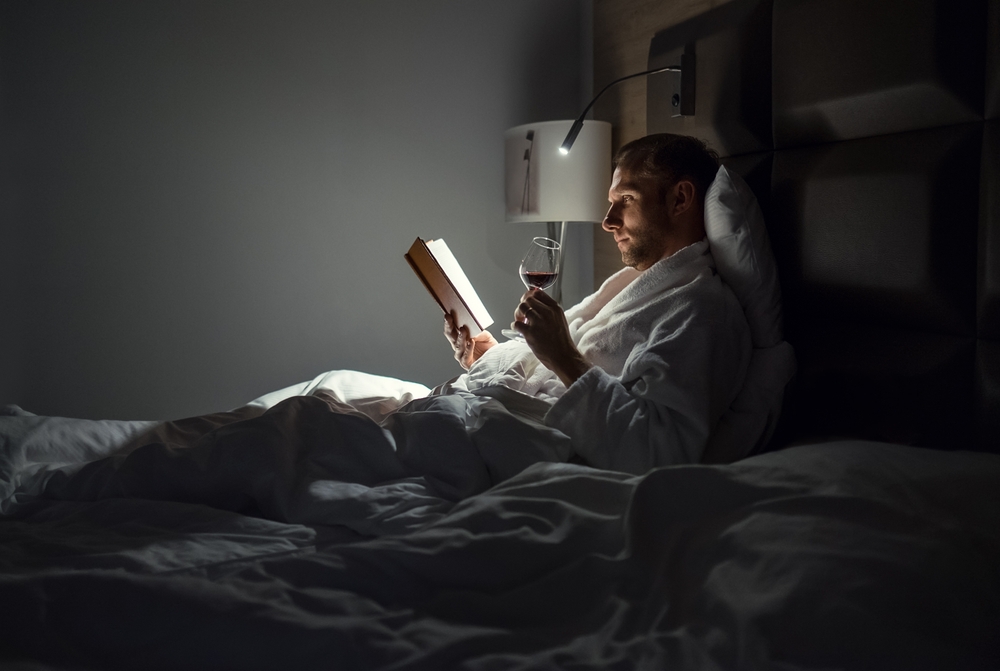
-
Alcohol may make you feel sleepy, but it disrupts deep sleep.
-
You’re more likely to wake up throughout the night and feel less rested the next day.
-
If you want to enjoy a drink, do so earlier in the evening.
Keeping Your Bedroom Too Warm
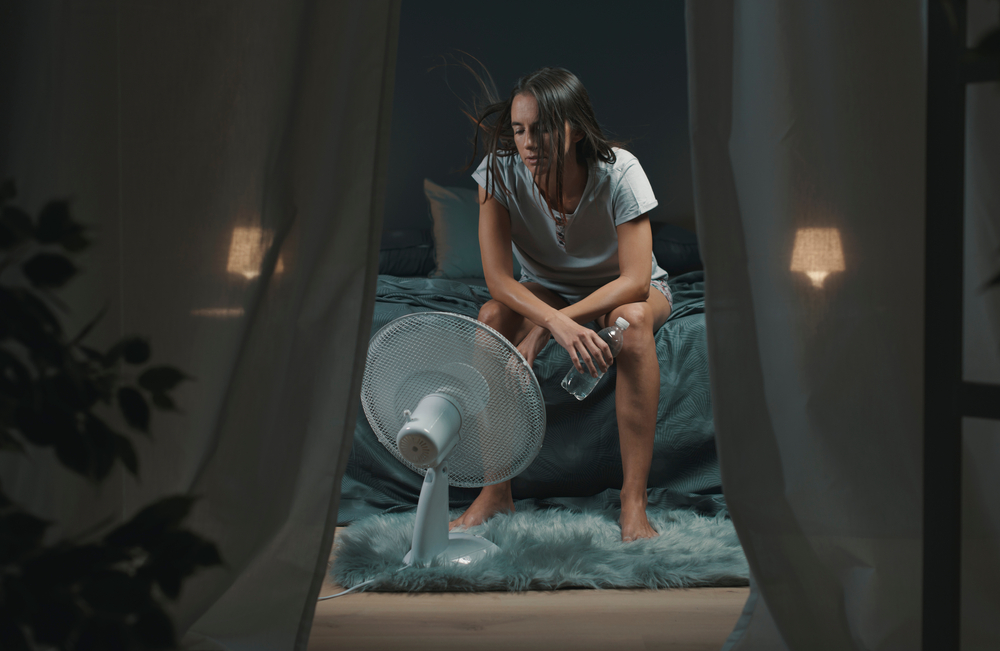
-
A cool room (around 16–19°C or 60–67°F) promotes better sleep.
-
Too much warmth can make you restless and sweaty.
-
Use light bedding and ensure proper ventilation.
Worrying About the Next Day
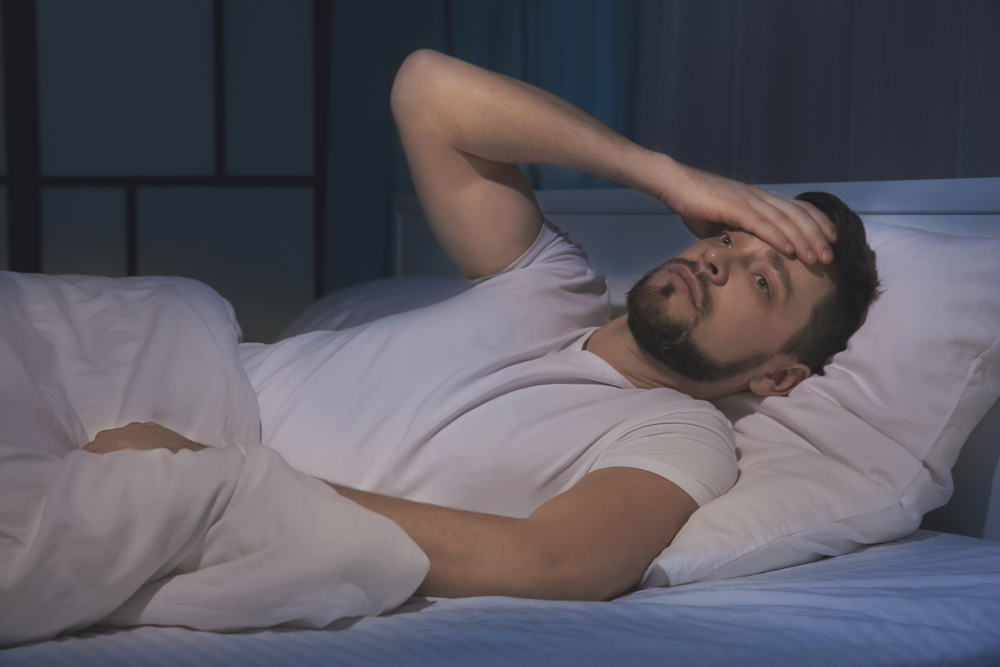
-
Overthinking tomorrow’s tasks can increase your stress levels.
-
Writing down your thoughts may help you relax.
-
Try relaxation techniques like deep breathing or meditation.
Skipping a Nighttime Routine

-
An unpredictable bedtime confuses your body’s natural rhythm.
-
A consistent evening routine helps signal to your body that it’s time to sleep.
-
Read a book, do gentle stretching, or listen to calming music before bed.
Taking Long Naps Late in the Day
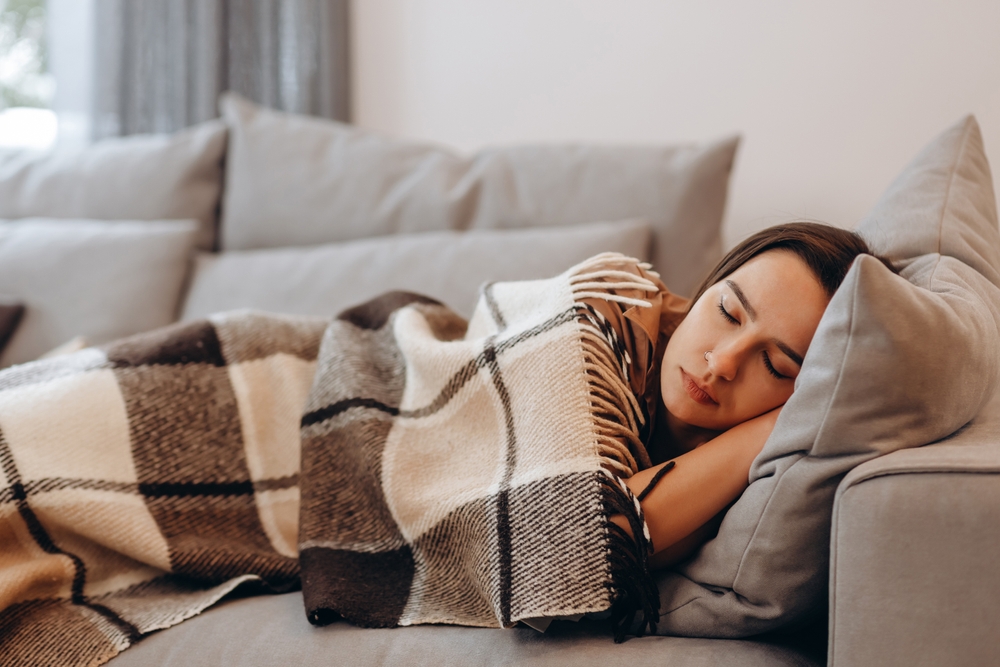
-
Sleeping too long in the afternoon can make it harder to fall asleep at night.
-
If you need a nap, keep it to a maximum of 20–30 minutes.
-
Try napping earlier in the afternoon instead of later in the day.
Using Your Bed for Activities Other Than Sleep

-
If you frequently work, eat, or watch TV in bed, your brain may associate it with activity rather than rest.
-
Use your bed only for sleep and relaxation so your body knows what to do when you lie down.
Drinking Too Much Water Before Bed

-
Drinking excessive amounts can lead to multiple trips to the bathroom during the night.
-
Try to drink most of your fluids earlier in the day and reduce intake in the evening.
Ignoring Your Body’s Sleep Signals

-
If you fight off sleepiness, your body may get a “second wind,” making it even harder to fall asleep.
-
Listen to your body—if you’re tired, go to bed.
-
A consistent bedtime helps maintain a healthy sleep cycle.

